While the 1970s gave us comedy classics like “All in the Family,” “The Mary Tyler Moore Show,” and “Happy Days,” not every sitcom of that decade achieved legendary status. In fact, many comedies debuted with high hopes, only to vanish faster than a disco ball at a country music festival. These forgotten failures remind us that for every hit that defined the era, there were dozens of well-intentioned misfires that couldn’t find their audience, despite featuring familiar faces and seemingly foolproof concepts that looked great on paper.
1. Turnabout (1979) – The Body-Swapping Bomb
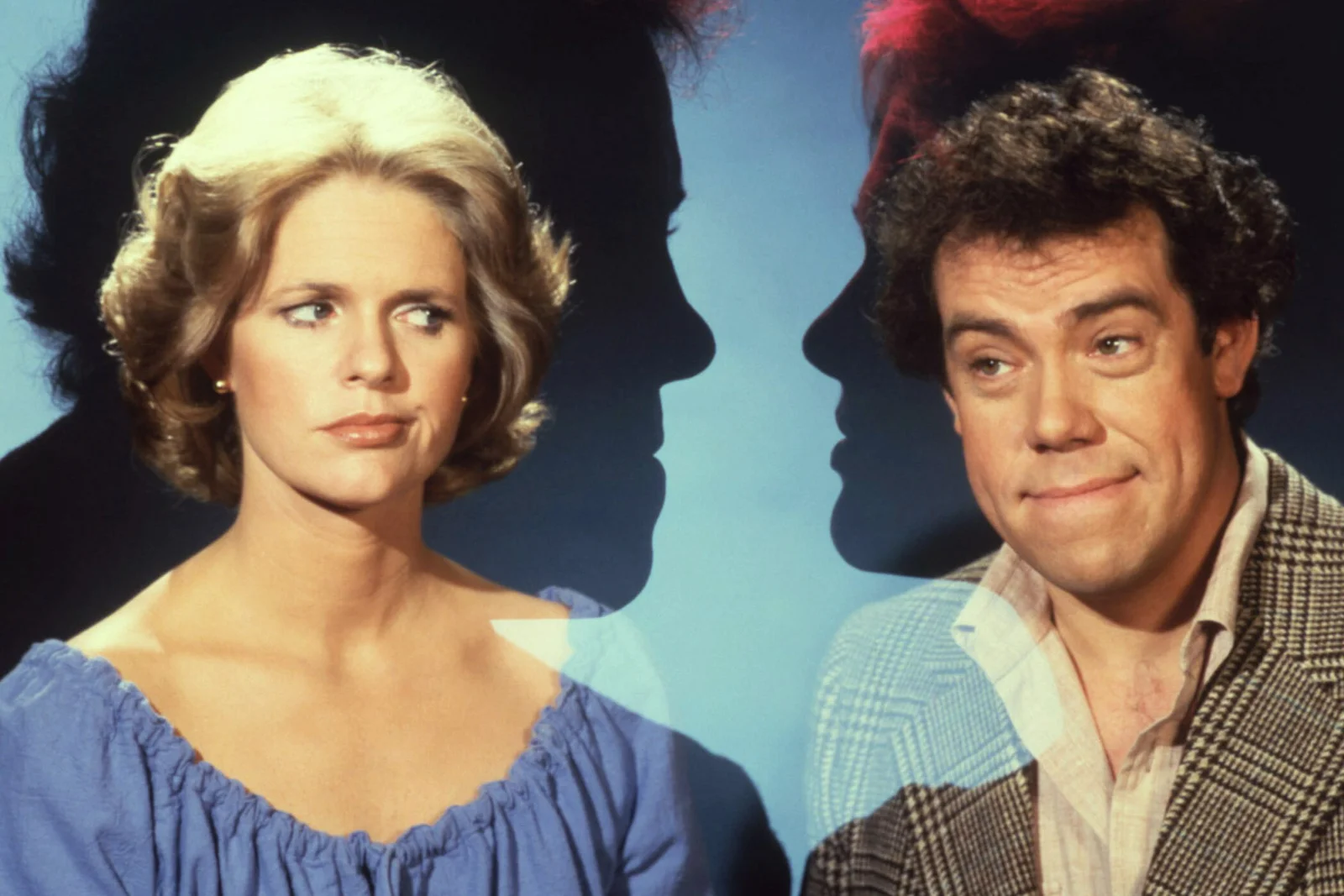
“Turnabout” was canceled after just seven episodes, making it one of the decade’s most spectacular failures. The show featured a married couple who magically switched bodies after touching an ancient statue, forcing them to live each other’s lives in what was supposed to be a hilarious exploration of gender roles. The premise seemed perfect for the late ’70s, when discussions about women’s liberation and changing family dynamics were everywhere, but the execution was painfully awkward. The show’s attempts at physical comedy fell flat, and the gender-swapping jokes felt forced and uncomfortable rather than enlightening or funny. Even today, ratings on IMDb show that this series mostly fell by the wayside.
The series starred John Schuck and Sharon Gless as the unfortunate couple, both talented actors who deserved better material than the clunky scripts they were given. The magic statue concept was borrowed from the 1940 Thorne Smith novel, but what worked as literary satire translated poorly to television’s need for weekly storylines. Two years later, the first four episodes were pieced together to create a TV movie called “The Magic Statue,” suggesting that even the network recognized they had wasted decent footage on a doomed concept.
2. C.P.O. Sharkey (1976-1978) – Don Rickles’ Navy Nightmare

Don Rickles starred as Chief Petty Officer Otto Sharkey in this NBC sitcom that ran from December 1976 to April 1978, bringing his trademark insult comedy to a military setting that should have been comedy gold. The show was built around Rickles’ persona as an acid-tongued drill instructor dealing with Navy recruits at a training base, but the format constrained his natural improvisational style. Instead of the spontaneous verbal attacks that made him famous in nightclubs, Rickles was forced to deliver scripted putdowns that felt rehearsed and mean-spirited. The military setting also limited the show’s appeal to civilian audiences who couldn’t relate to the specific humor of Navy life. Television Academy Interviews gives credit where credit’s due for the star power leading this series.
Rickles had actually served in the Navy during World War II, which gave him authentic knowledge of military culture, but authenticity couldn’t save poorly written scripts and one-dimensional characters. The supporting cast of young recruits was largely forgettable, serving mainly as targets for Sharkey’s abuse rather than developing into interesting characters in their own right. The show lasted 37 episodes across two seasons, but it never found its comedic rhythm or developed the kind of ensemble chemistry that made military comedies like “McHale’s Navy” successful.
3. The Dumplings (1976) – Deli Comedy That Couldn’t Rise
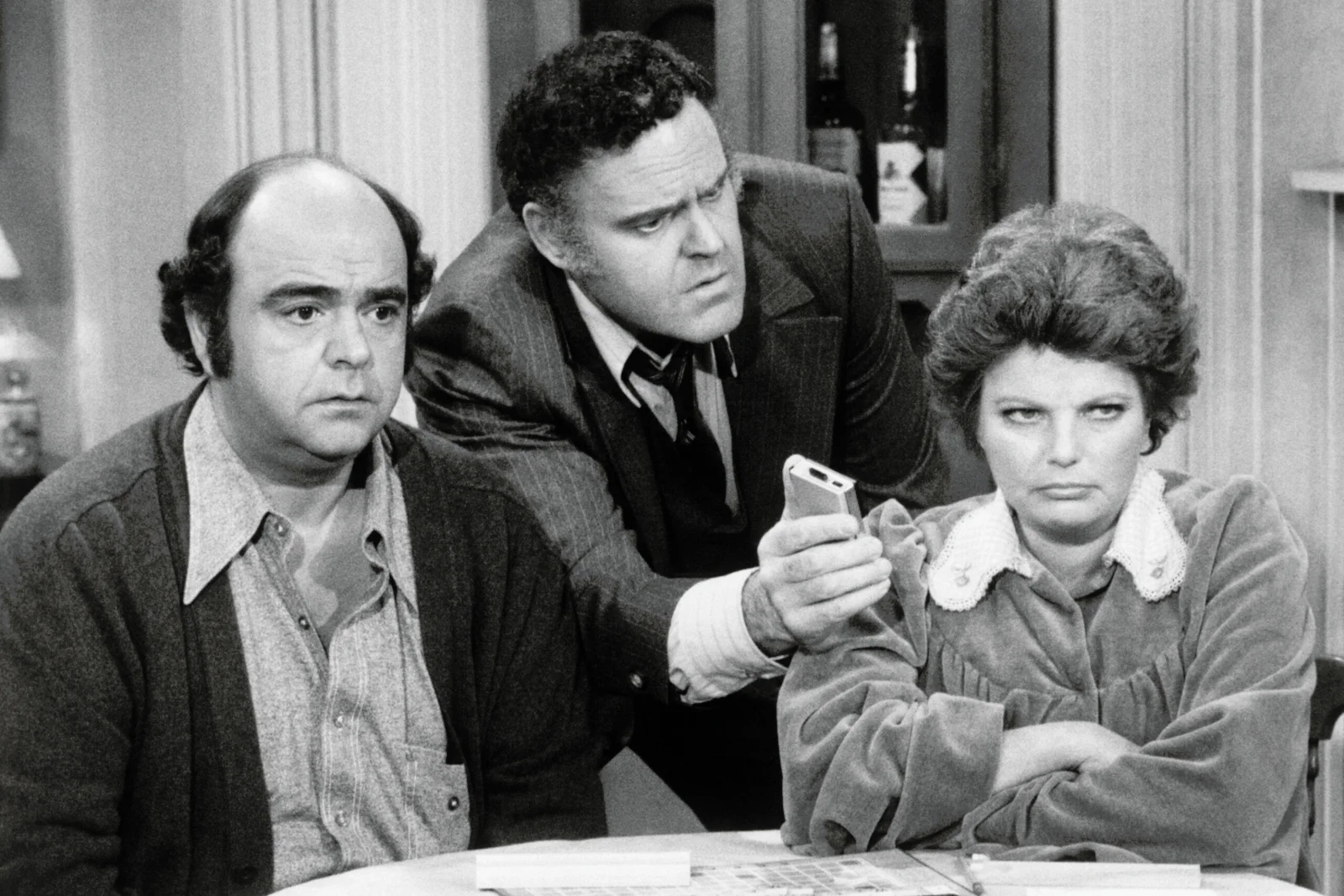
“The Dumplings” aired briefly in 1976, featuring James Coco and Geraldine Brooks as a lovable couple running a deli, promising the kind of working-class comedy that had made shows like “The Honeymooners” classics. The concept seemed perfect for the mid-70s: a warm-hearted show about regular people trying to make their small business work while dealing with quirky customers and family situations. James Coco was a respected character actor known for his work in Neil Simon plays, and Geraldine Brooks brought dramatic credibility to the project, but their chemistry never quite clicked in the sitcom format. TVGuide shines a light on the cast of this elusive program.
The sitcom captured the warmth and humor of everyday life, focusing on the couple’s interactions with their quirky customers, but despite its charming premise, the show struggled to find an audience in the competitive television landscape. The writing relied too heavily on ethnic stereotypes and food-related puns that grew stale quickly, and the deli setting proved too limiting for varied storylines. Without the sharp writing that elevated similar working-class comedies, “The Dumplings” felt more like a rejected episode of a better show than a series with its own identity.
4. Holmes and Yoyo (1976) – Robot Cop Comedy Malfunction
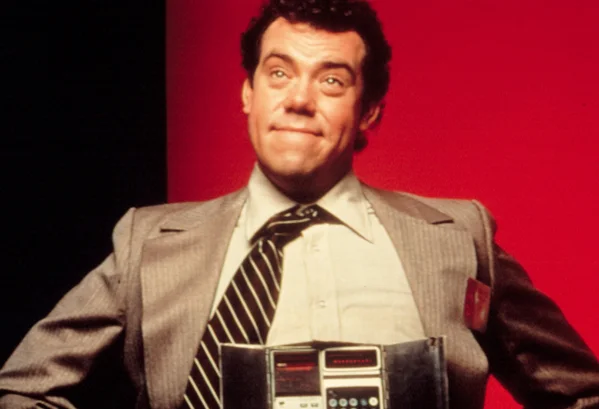
This ABC series about a detective partnered with an android was supposed to capitalize on the growing fascination with technology and science fiction, but it ended up being neither funny nor futuristic enough to work. Richard B. Shull played Detective Holmes, while John Schuck portrayed the robot Yoyo, who was designed to be the perfect police partner but kept malfunctioning at the worst possible moments. The show’s attempts to blend buddy cop action with slapstick robot comedy resulted in a confusing mess that satisfied neither genre, with cheap special effects that made the android seem more like a man in a bad costume than a sophisticated machine.
The show was about Detective Holmes and his android partner, Yoyo, with Holmes teaching Yoyo what it’s like to be human while Yoyo helped Holmes during his adventures, but it wasn’t good. The scripts relied heavily on obvious robot jokes—Yoyo would short-circuit when wet, malfunction during crucial moments, or interpret instructions too literally—that wore thin after a few episodes. The show lasted only 26 episodes, and its failure probably delayed other attempts at robot-based comedies for years, proving that audiences needed more than just a gimmicky premise to sustain their interest in a series.
5. The Betty White Show (1977-1978) – Even America’s Sweetheart Couldn’t Save This
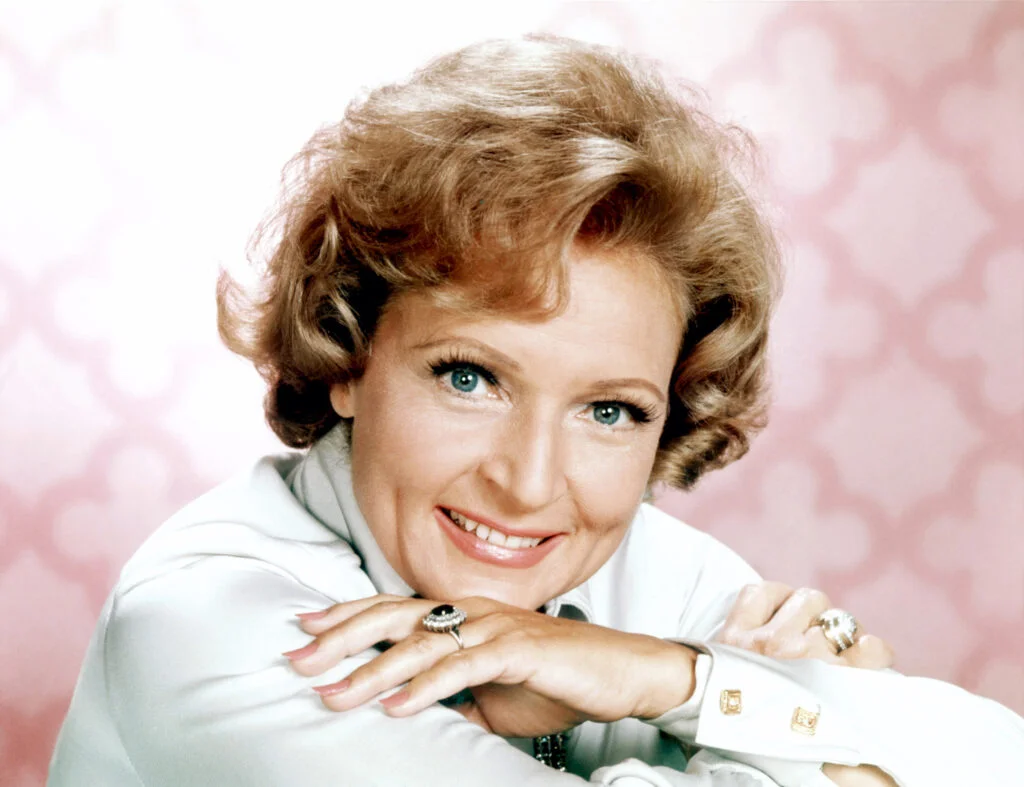
“The Betty White Show” ran from September 12, 1977, to January 9, 1978, proving that even beloved performers can’t overcome fundamental flaws in concept and execution. The show cast White as Joyce Whitman, an actress starring in a fictional police drama, but the behind-the-scenes showbiz setting never found its comedic footing. Unlike “The Mary Tyler Moore Show,” which used the workplace comedy format brilliantly, this series felt more like an inside joke that only television industry people would understand. The show-within-a-show concept was ahead of its time—it would become popular decades later—but in 1977, audiences found it confusing and self-indulgent.
White’s natural comedic timing and likability couldn’t compensate for scripts that focused more on television industry satire than on developing relatable characters and situations. The supporting cast, including John Hillerman and Georgia Engel, were all talented performers, but they were given one-dimensional roles that didn’t allow them to shine. The show’s failure was particularly disappointing because White was coming off her success on “The Mary Tyler Moore Show,” and audiences expected another hit that would showcase her considerable talents.
6. Hot l Baltimore (1975) – Too Edgy for Prime Time
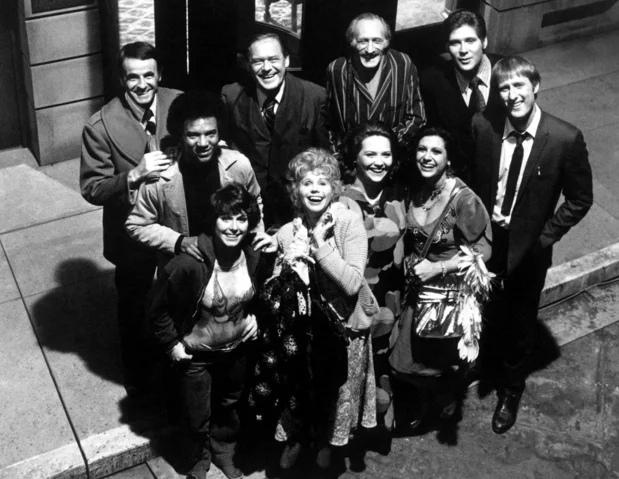
This Norman Lear production was based on Lanford Wilson’s Pulitzer Prize-winning play about the residents of a run-down hotel, but ABC aired disclaimers before episodes warning of “mature themes” because the characters included illegal immigrants, sex workers, and gay couples. The show was groundbreaking in its attempt to address social issues that mainstream television rarely touched, but it was perhaps too progressive for 1975 audiences. The title referred to a hotel with a burned-out “E” in its neon sign, symbolizing the decay and desperation of urban life, but viewers weren’t ready for a sitcom that dealt with prostitution, homosexuality, and poverty in a realistic way.
The show’s commitment to social realism conflicted with the traditional sitcom format, creating an uncomfortable hybrid that wasn’t quite drama and wasn’t quite comedy. While Lear’s other shows like “All in the Family” and “Maude” successfully tackled controversial topics through humor, “Hot l Baltimore” felt more like a sociology lesson than entertainment. The series lasted only 13 episodes, but its failure helped establish the boundaries of what prime-time television could handle, even from a producer with Lear’s track record of success.
7. Sugar Time! (1977-1978) – All-Girl Band Comedy That Hit a Sour Note

This ABC series followed three young women trying to make it as a rock band while working day jobs to pay the bills, capitalizing on the popularity of shows like “Laverne & Shirley” that featured female friendships. The concept seemed timely given the growing women’s movement and the success of real female rock groups like Heart and Fleetwood Mac, but the execution was painfully generic. The three leads—Barbi Benton, Marianne Black, and Didi Carr—looked great but lacked the comedic chemistry needed to carry a sitcom, and their characters were more like cardboard cutouts than real people.
The show’s musical numbers felt forced and amateurish, more like variety show segments than organic parts of the storyline, and the workplace comedy elements were borrowed wholesale from more successful shows. The scripts relied heavily on stereotypes about struggling musicians and working women that felt outdated even in 1977, and the show’s attempts to be both a musical and a sitcom satisfied neither format’s requirements. “Sugar Time!” lasted only one season, proving that familiar formulas needed fresh execution to succeed, and that audiences could tell the difference between authentic character development and manufactured charm.
8. The Kids from C.A.P.E.R. (1976) – Juvenile Crime-Fighting Comedy Gone Wrong
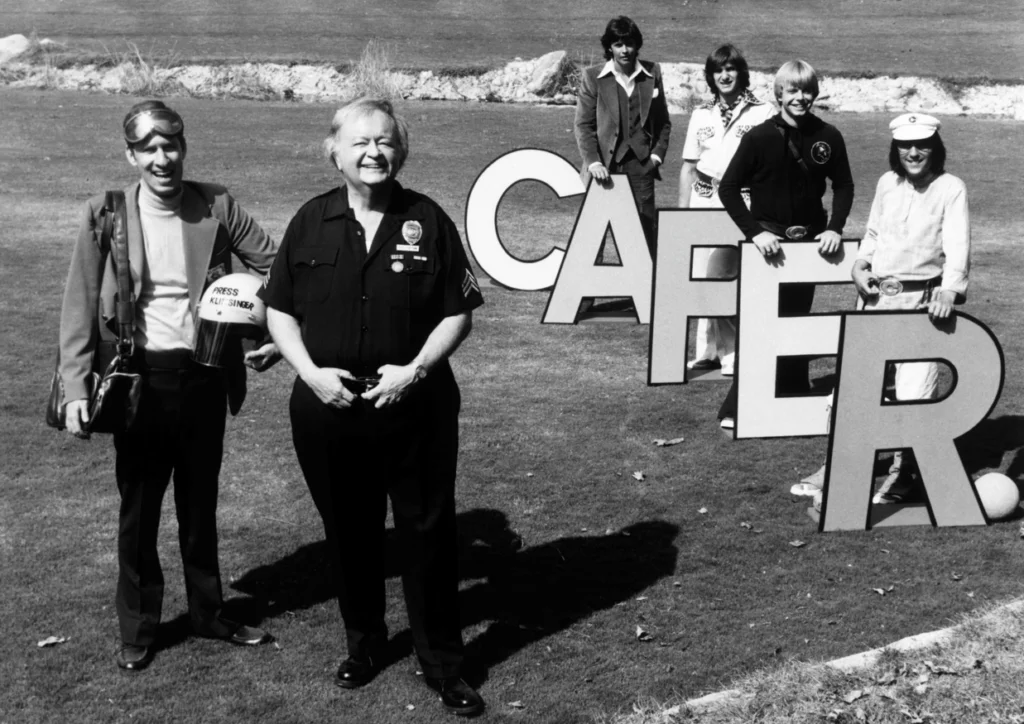
This Saturday morning series about teenagers who worked as undercover agents for the police was supposed to combine the popularity of detective shows with kid-friendly comedy, but it ended up being neither exciting enough for adventure fans nor funny enough for comedy lovers. The acronym C.A.P.E.R. stood for “Civilian Authority for the Protection of Everybody, Regardless,” and the show featured four teenagers who helped solve crimes that adult police couldn’t handle. The premise was ridiculous even by Saturday morning standards, and the show’s attempts to make police work seem fun and safe for children resulted in sanitized action sequences that lacked any real tension or excitement.
The young cast members were enthusiastic but inexperienced, and their performances felt more like community theater than professional television. The scripts tried to balance educational messages about crime prevention with slapstick comedy, but the combination never gelled into coherent storytelling. The show lasted only one season on NBC’s Saturday morning lineup, and its failure highlighted the difficulty of creating shows that could entertain children while addressing serious subjects like crime and law enforcement.
9. Mr. T and Tina (1976) – Cultural Clash Comedy That Crashed
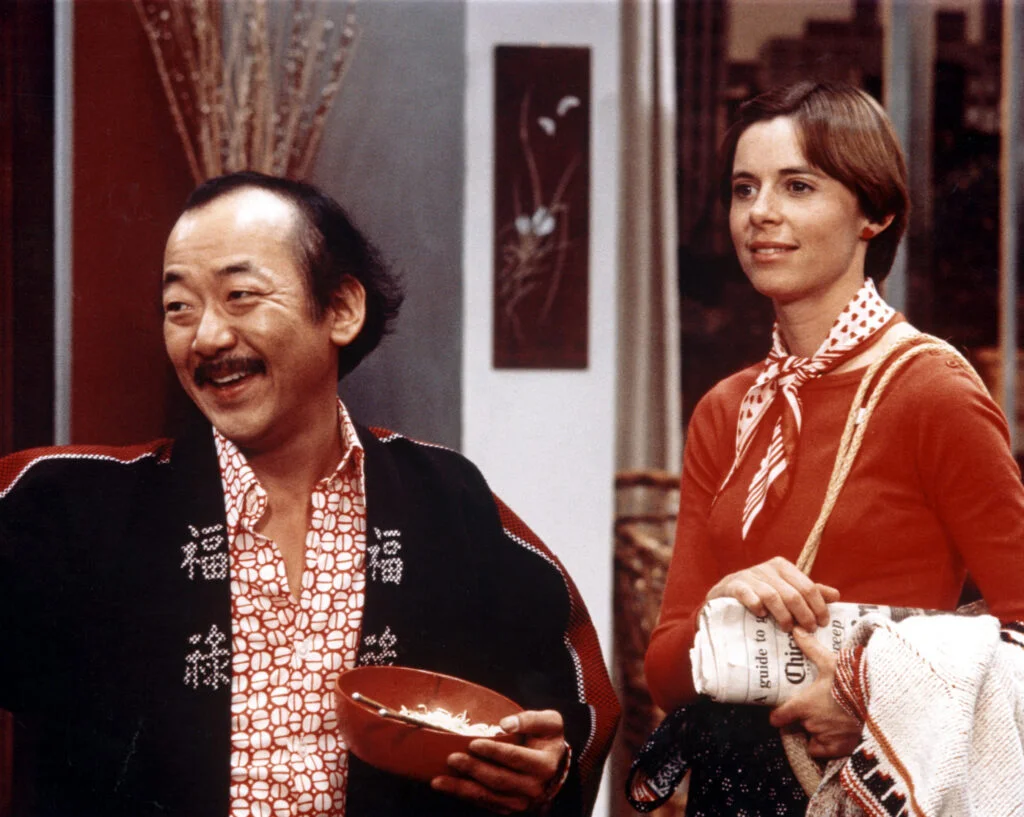
This ABC series starred Pat Morita as Mr. Takahashi, a Japanese inventor living in Chicago with his traditional family, while Tina was his American housekeeper who constantly clashed with their cultural differences. The show was supposed to explore the humor in cross-cultural misunderstandings, but it relied heavily on ethnic stereotypes and language barrier jokes that felt more offensive than funny. Morita, who would later find success on “Happy Days” and “The Karate Kid,” was trapped in a role that reduced his character to a collection of “foreign” quirks rather than developing him as a complex person.
The show’s attempts at cultural comedy were ham-fisted and often cringe-worthy, featuring situations where American informality clashed with Japanese formality in ways that reinforced rather than challenged cultural stereotypes. The supporting cast, including Susan Blanchard as Tina, worked hard to make the material work, but they couldn’t overcome scripts that treated cultural differences as inherently funny rather than as sources of genuine character development. The series lasted only five months, and its failure demonstrated that audiences were becoming more sophisticated about racial and cultural representation in television comedy.
10. The McLean Stevenson Show (1976-1977) – Post-MASH Career Crash
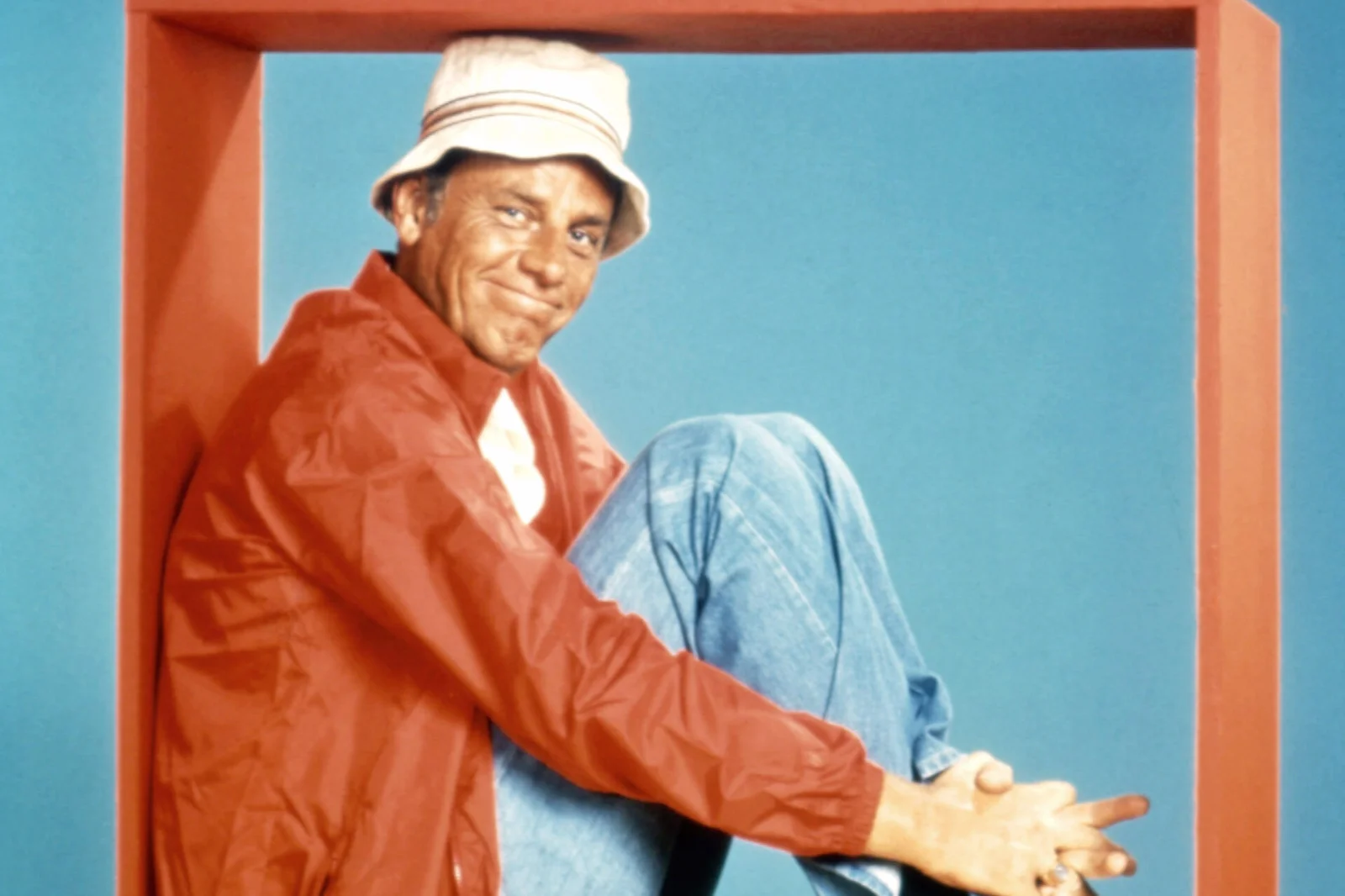
After leaving “MAS*H” at the height of its popularity, McLean Stevenson tried to recreate his success with this NBC sitcom where he played a small-town hardware store owner dealing with family and business problems. The show was supposed to capitalize on Stevenson’s likable persona and his experience with ensemble comedy, but it felt more like a pale imitation of successful rural comedies than a fresh take on small-town life. Stevenson’s character lacked the wit and complexity that had made Henry Blake memorable, and the supporting cast of family members and customers never developed into interesting characters.
The show’s scripts relied on tired suburban family comedy tropes without the sharp writing that had made “MAS*H” special, and Stevenson seemed uncomfortable carrying a show as the central character rather than as part of an ensemble. The series struggled to find its tone, wavering between gentle family comedy and broader slapstick without succeeding at either approach. The show lasted only 22 episodes, and its failure became a cautionary tale about actors leaving successful series too early, demonstrating that television chemistry couldn’t be easily recreated in different settings.
11. Blansky’s Beauties (1977) – Happy Days Spin-off That Wasn’t Happy
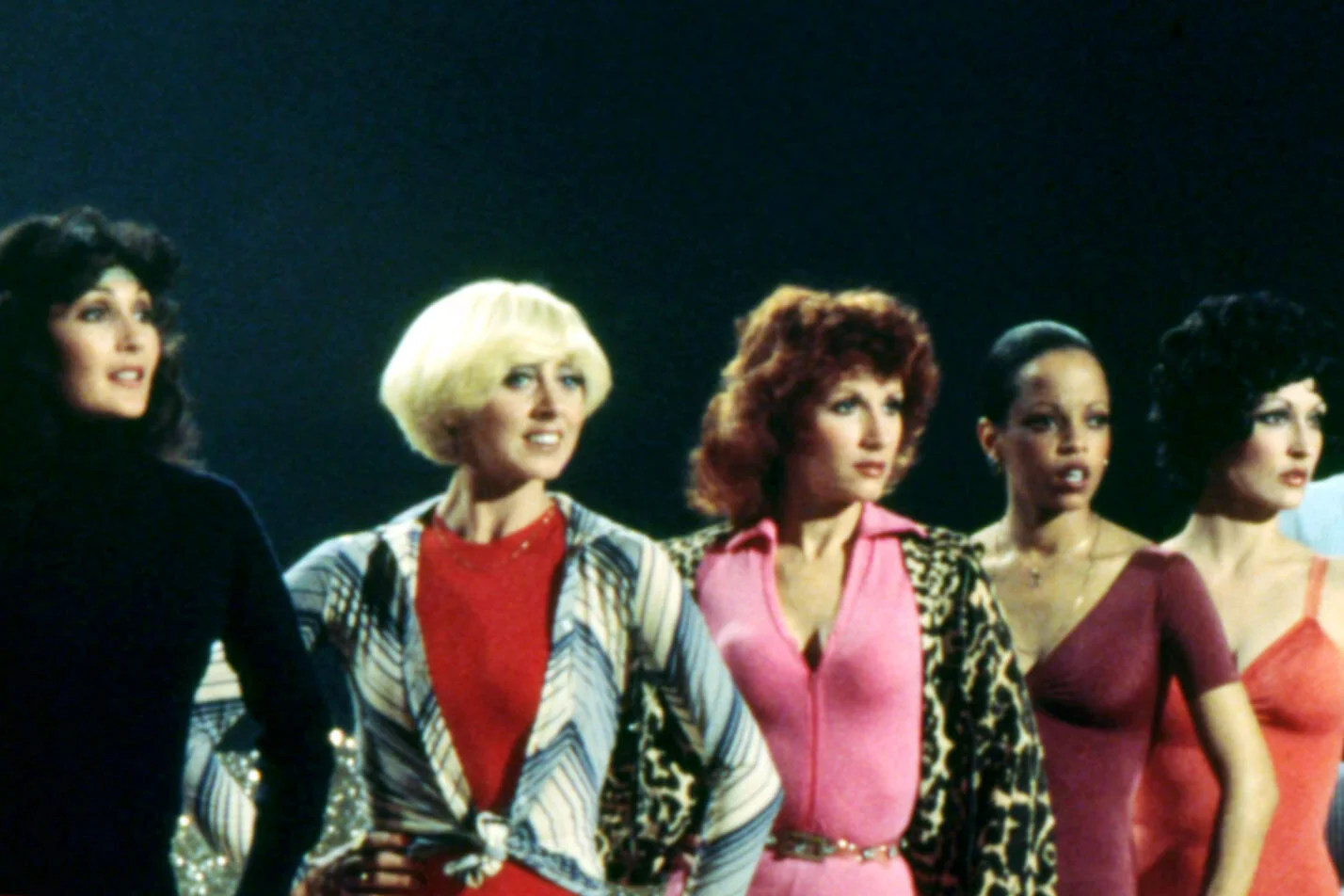
This short-lived spin-off from “Happy Days” followed Nancy Walker as Nancy Blansky, who managed a group of Las Vegas showgirls while dealing with her nephew and various backstage shenanigans. The show was supposed to benefit from the “Happy Days” connection and Walker’s popularity from “McMillan & Wife” and “Rhoda,” but it felt forced and artificial from the beginning. The Las Vegas setting was meant to provide glamour and excitement, but the show’s family-friendly approach stripped away anything that might have made the entertainment industry setting genuinely interesting.
Walker was a talented comedic actress, but she was miscast as the central character in a show that required her to be both motherly and show-business savvy without giving her material that played to her strengths. The young actresses playing the showgirls were forgettable, and their characters were interchangeable blonde stereotypes rather than distinct personalities. The show lasted only 13 episodes, proving that successful spin-offs needed more than just familiar faces and established universe connections—they needed their own compelling reasons for existing.
12. We’ve Got Each Other (1977-1978) – Role Reversal Comedy That Didn’t Work

This CBS series starred Oliver Clark and Beverly Archer as a married couple where the wife was the breadwinner and the husband stayed home, a premise that seemed perfect for the changing gender roles of the late 1970s. The show was created by Tom Patchett and Jay Tarses, who had worked on successful comedies, but their attempts to mine humor from role reversal felt forced and often fell back on the same gender stereotypes they were supposedly challenging. Clark’s character was portrayed as hapless and feminine in traditionally negative ways, while Archer’s working woman was often shown as unfeminine and aggressive.
The show’s episodes typically featured situations where the husband’s domestic incompetence created problems that his wife had to solve, but this formula became repetitive quickly and reinforced rather than subverted gender expectations. The supporting cast included Tom Poston and Joan Van Ark, both capable performers who were given little to do beyond react to the central couple’s role-reversal situations. The series lasted only one season, and its failure suggested that audiences weren’t ready for gender-role comedy that wasn’t anchored in more traditional character development.
13. A.E.S. Hudson Street (1978) – Emergency Room Comedy That Wasn’t Funny
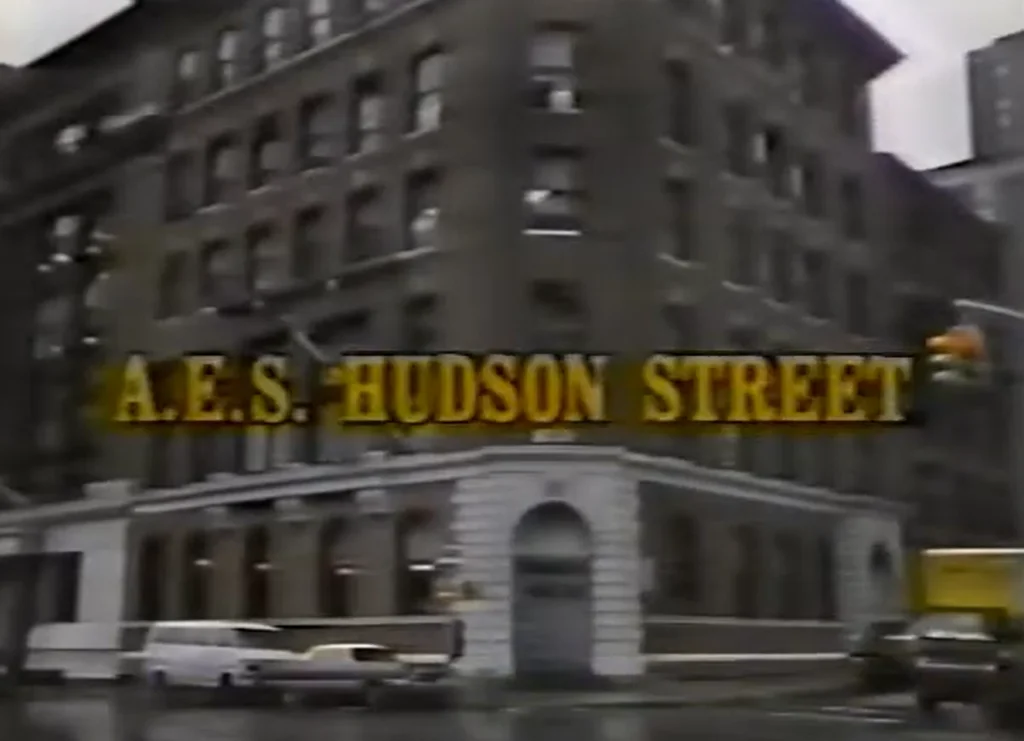
This ABC series set in a New York City emergency room was supposed to combine workplace comedy with medical drama, but it ended up being neither funny enough to work as comedy nor dramatic enough to create genuine tension. The show starred Gregory Sierra as Dr. Antonio Menzies, trying to run an understaffed and underfunded emergency room while dealing with eccentric staff members and bizarre patient situations. The concept seemed promising, especially given the success of medical dramas, but the execution was uneven and often inappropriate.
The show’s attempts to find humor in medical emergencies often felt callous and insensitive, and the workplace comedy elements were borrowed from more successful shows without the character development that made those series work. Sierra was a talented actor who had proven himself on “Barney Miller” and “Sanford and Son,” but he couldn’t elevate material that treated serious medical situations as comedy setups. The series lasted only six episodes, and its quick cancellation demonstrated that audiences had limits on what subjects could be treated as comedy material, even in the anything-goes atmosphere of late 1970s television.
14. The Governor & J.J. (1969-1972) – Family Political Comedy That Lost Its Way
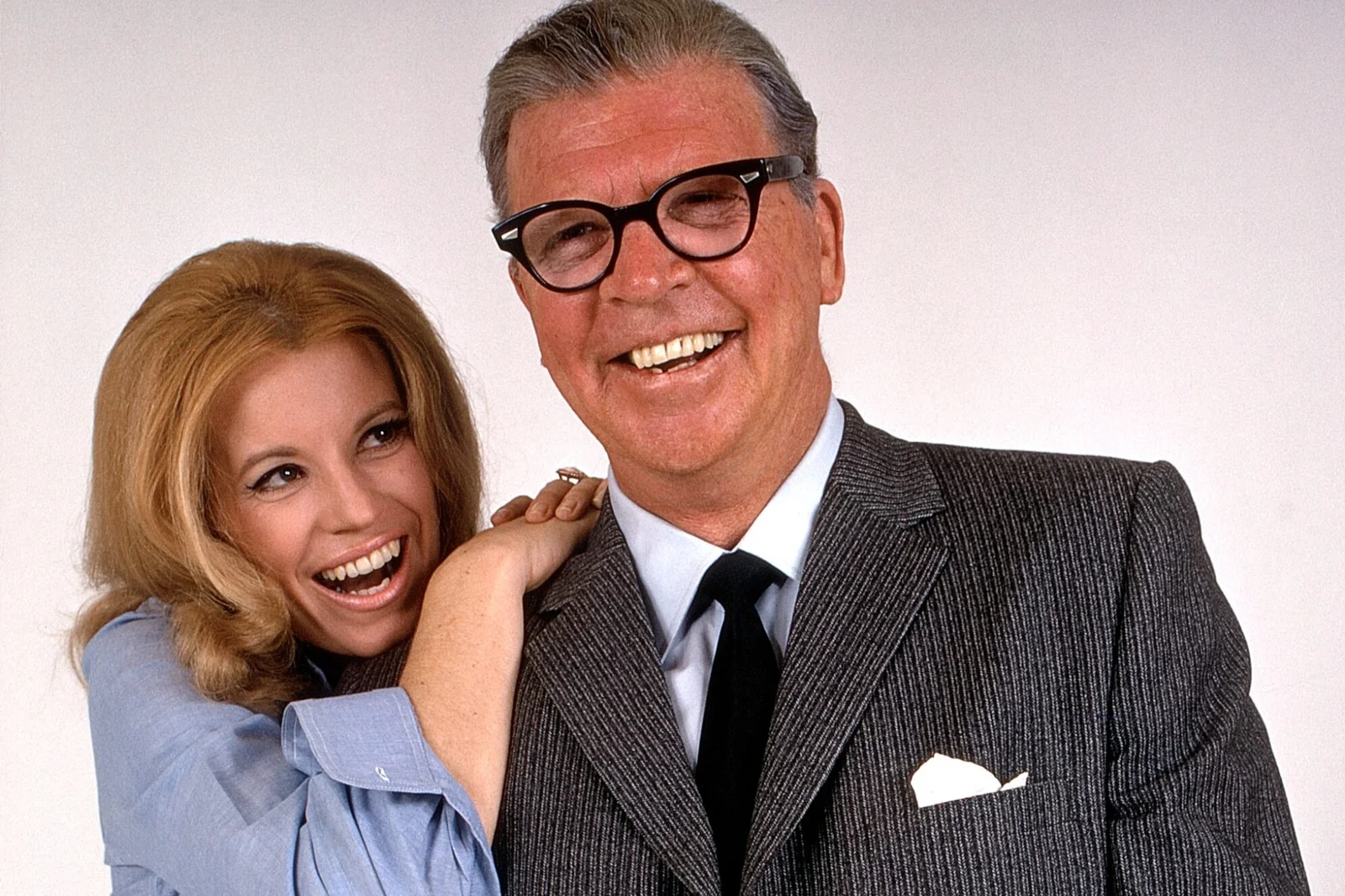
This CBS series starred Dan Dailey as a widowed governor whose teenage daughter served as his unofficial advisor and social conscience, but the show never successfully balanced family comedy with political satire. The premise had potential during a time of social upheaval and changing family structures, but the scripts were too cautious to address real political issues and too superficial to create genuine family dynamics. Julie Sommars played the daughter J.J., and while she had good chemistry with Dailey, their relationship felt more like a sitcom contrivance than a believable father-daughter bond.
The show’s political storylines were sanitized to the point of meaninglessness, avoiding any controversial topics that might have given the series relevance or edge during a turbulent period in American politics. The supporting cast of political advisors and staff members were one-dimensional characters who existed mainly to set up situations for the father-daughter team to resolve. While the show lasted three seasons, it was largely forgotten even while it was on the air, and its failure to find a lasting audience demonstrated that political comedy needed sharper writing and more courage to tackle real issues rather than generic family-friendly political situations.
These forgotten failures remind us that television success requires more than just good intentions and familiar faces—it demands sharp writing, strong performances, and concepts that resonate with audiences in meaningful ways. While these shows may have vanished without a trace, they served an important purpose in television history by showing what didn’t work, helping to clear the path for the classics that followed. Sometimes the biggest contribution a show can make is failing quickly enough to make room for something better.


